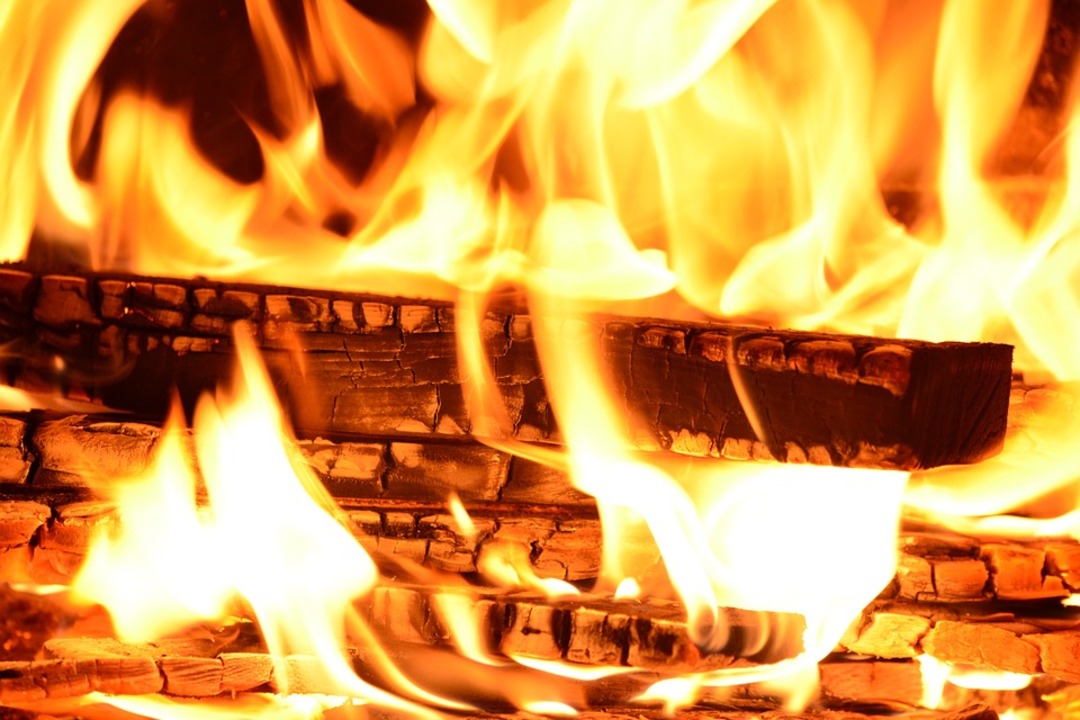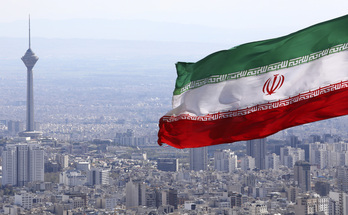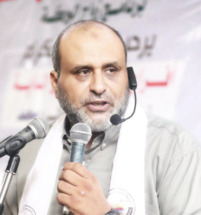-
Germans turning to wood to heat their homes

There's a run on wood these days in Germany, with suppliers across the country reporting a surge in sales as heating costs soar due to skyrocketing gas and electricity prices.
Germany, in particular, relied on Russian gas. The country got more than half of its imports from Russia in 2021; by this September, it got none.
Germany responded by filling up its gas storage and seeking supply elsewhere, often at a premium.
High prices have forced industry cutbacks and closures and municipalities are cutting back — lower temperatures in swimming pools, street lights turned off.
Households are urged to use less energy, but many will nevertheless face huge jumps in their utility bills, even as the German government tries to offset the price surge for consumers and companies.

In recent years, roughly half of Germany’s homes were heated with natural gas and another 25% used heating oil, while less than 6% used firewood.
But now suppliers of the raw material are struggling to keep up, leading to a scarcity of firewood. Earlier this summer, Germany’s Federal Firewood Association said the market was all out of wood.
Firewood is one backup plan in case Germany runs out of gas in the winter. Already, there are fears that gas will be rationed for industrial use.
EU leaders to meet in Brussels and discuss ways out of energy crisis
Demand is so high that most suppliers stopped taking orders in July for the rest of the year. Some are trying to line up deliveries for next winter even as the price of wood has also doubled but remains well below that of gas or electric heating systems.
KötterlKötterl has owned his one-man business, Brennholz München Palette, for about 10 years, and has never seen anything like this rush for firewood.
He started to see firewood demand tick up during the pandemic, when people were anxious and had to stay at home.
Energy crisis: New measures in Belgium, Athens restricts lighting of municipality
Then came the war in Ukraine and disruptions to the supply chains, especially from Eastern Europe.
The impending energy crisis has strained supply even more intensely, and dramatically increased prices for the firewood.
People want more of it, and the high costs of energy and other products mean it is more expensive to cut it, dry it, package it, and transport it.
Gerd Müller, of Germany’s Federal Association of Firewood Trade and Production, said the average price increase is about 30 to 40 percent at most dealers, or about 150 euros per bulk cubic meter. According to Germany’s Federal Statistical Office, in August 2022 the price of firewood and wood pellets rose 86 percent.
You May Also Like
Popular Posts
Caricature
BENEFIT Sponsors BuildHer...
- April 23, 2025
BENEFIT, the Kingdom’s innovator and leading company in Fintech and electronic financial transactions service, has sponsored the BuildHer CityHack 2025 Hackathon, a two-day event spearheaded by the College of Engineering and Technology at the Royal University for Women (RUW).
Aimed at secondary school students, the event brought together a distinguished group of academic professionals and technology experts to mentor and inspire young participants.
More than 100 high school students from across the Kingdom of Bahrain took part in the hackathon, which featured an intensive programme of training workshops and hands-on sessions. These activities were tailored to enhance participants’ critical thinking, collaborative problem-solving, and team-building capabilities, while also encouraging the development of practical and sustainable solutions to contemporary challenges using modern technological tools.
BENEFIT’s Chief Executive Mr. Abdulwahed AlJanahi, commented: “Our support for this educational hackathon reflects our long-term strategic vision to nurture the talents of emerging national youth and empower the next generation of accomplished female leaders in technology. By fostering creativity and innovation, we aim to contribute meaningfully to Bahrain’s comprehensive development goals and align with the aspirations outlined in the Kingdom’s Vision 2030—an ambition in which BENEFIT plays a central role.”
Professor Riyadh Yousif Hamzah, President of the Royal University for Women, commented: “This initiative reflects our commitment to advancing women in STEM fields. We're cultivating a generation of creative, solution-driven female leaders who will drive national development. Our partnership with BENEFIT exemplifies the powerful synergy between academia and private sector in supporting educational innovation.”
Hanan Abdulla Hasan, Senior Manager, PR & Communication at BENEFIT, said: “We are honoured to collaborate with RUW in supporting this remarkable technology-focused event. It highlights our commitment to social responsibility, and our ongoing efforts to enhance the digital and innovation capabilities of young Bahraini women and foster their ability to harness technological tools in the service of a smarter, more sustainable future.”
For his part, Dr. Humam ElAgha, Acting Dean of the College of Engineering and Technology at the University, said: “BuildHer CityHack 2025 embodies our hands-on approach to education. By tackling real-world problems through creative thinking and sustainable solutions, we're preparing women to thrive in the knowledge economy – a cornerstone of the University's vision.”
opinion
Report
ads
Newsletter
Subscribe to our mailing list to get the new updates!






















